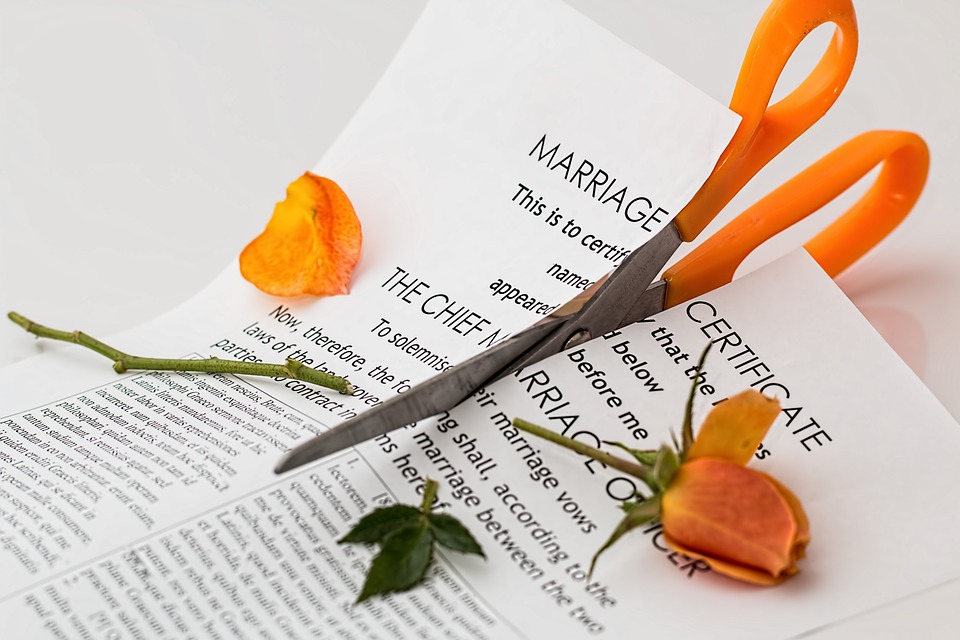As you’re probably aware, particularly during the colder winter months, having an efficient central heating in place that heats your home evenly, and relatively cheaply as well, is incredibly beneficial, yet sadly, most people simply aren’t benefitting from the energy that they’re paying for.
Sure their central heating systems may produce SOME heat and may help to warm the house, but in actual fact, particularly in older systems, many central heating systems just will not perform as efficiently as they should be, which basically means that they just won’t generate as much heat as they should.
Need a powerflush? Simply call Cenultra on 02071275128
The main reason for this is all down to dirt and debris which is found within the central heating pipe work. In central heating systems, you have a main boiler which is connected to a series of pipes that run around the house, to various radiators located in different rooms. When the central heating is switched on, the boiler heats up the water, pumps it to these radiators via these pipes, which then fill up with hot water and generate heat.

However, if a pipe is full of dirt and debris, central heating systems can fail, or will simply not give off the heat that they should. All of this however, and much more besides, can be rectified by having your central heating system powerflushed. A powerflush is a process carried out by experts, that basically flushes your central heating system, removing dirt, grime, and build-ups of metal from the system, thus helping it to perform correctly. Here’s a look at 5 reasons to powerflush your central heating system.
If you’ve had a new boiler installed –
If you’ve had an old central heating system and boiler for some time, chances are that, at some point, you will need a new boiler installing as a new boiler would help provide more hot water, more pressure, and hopefully save you more money in the process. When new boilers are installed however, you often find that, due to the fact that they generate more water pressure, more dirt and grime coating the pipes is rinsed away from the surface, where it can accumulate in the boiler, and cause the entire system to fail. Not only that, but radiators can also become blocked with sludge and grime, meaning they don’t give off enough heat either. If you’ve just had a boiler installed, it is always recommended that you have a powerflush carried out before you begin using the boiler as this will ensure that the system is clean and efficient. The last thing you want is for your brand new, and highly expensive boiler, to suddenly break down due to all of the grime in your system, and a powerflush will help ensure that this never happens.
To save money –
During the winter months, obviously your central heating is going to be used a lot more than the summer, and so to help ensure that you keep your bills as low as you possibly can, again, a power flush should ideally be performed. Over the years, you’ll generally find that your bills for your heating will have been increasing more and more, which could be down to build-ups of dirt and grime in your system. You see, if your radiators aren’t giving out enough heat, or if they’re taking longer to heat up, you’ll probably leave your heating on for longer, which is obviously going to be more expensive. By removing accumulations of dirt and grime from your system however, the hot water will flow freely around the system, your radiators will heat up quicker and stay hot for longer. So you won’t need your heating on for as long, so will use less energy, and will therefore pay less money in the process.
Your radiators have cold spots –
The next time you have your central heating switched on, take the time to go around your radiators and touch them in different places. If your radiators have cold spots I.E hot in most places, but remain cold in others, this is almost certainly down to build-ups of sludge, dirt, and grime, that is preventing the hot water from flowing freely around the system and around the radiator. If these issues are left unresolved, build-ups of dirt and sludge can become greater and greater, until your entire radiator may need removing and replacing, or worse still, your entire central heating system may need replacing.
Your central heating system is noisy –
If you’ve noticed that your central heating system is loud and noisy, this could very well be a clear indication that your system is full of detritus and debris, and that it will need flushing sooner rather than later. Loud noises in your pipes and radiators, is almost always caused by accumulations of dirt and grime, which means that the system struggles to deal with any blockages and build-ups in your pipes or radiators. If the water can flow freely however, it will be virtually silent, and won’t struggle in the slightest.
You wish to protect your boiler –
As a homeowner, you will probably be aware that the most expensive appliance in your home, is your boiler. So ensuring that your boiler remains as effective and in as great a condition as it can possibly be in, is absolutely essential, unless of course, you want to shell out thousands upon thousands for a new boiler. Sludge and debris that builds up inside of your central heating system is actually corrosive, which means that heat exchangers within the boiler, which are often made from aluminium, will rot and decay.
These are very expensive to replace, not to mention the fact that various other parts of the boiler can also be affected, which is why a powerflush on a regular basis is very highly recommended. Even if you’ve had no issues with your central heating thus far, you should still have an annual powerflush to help ensure that that trend continues.



